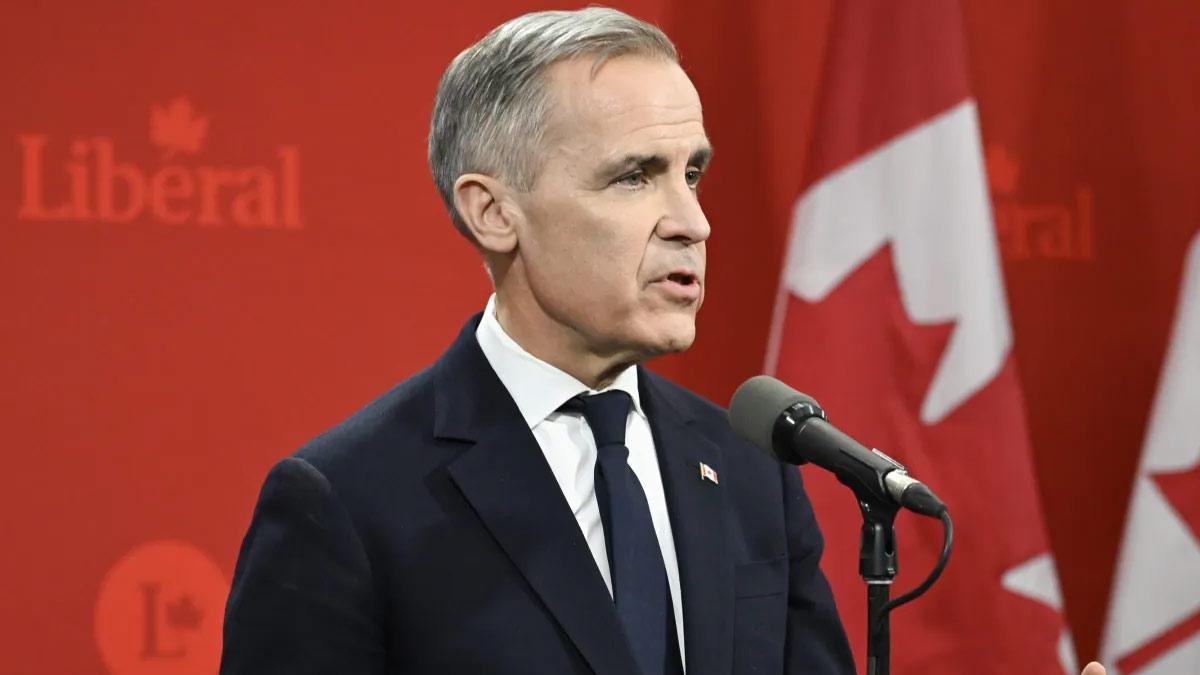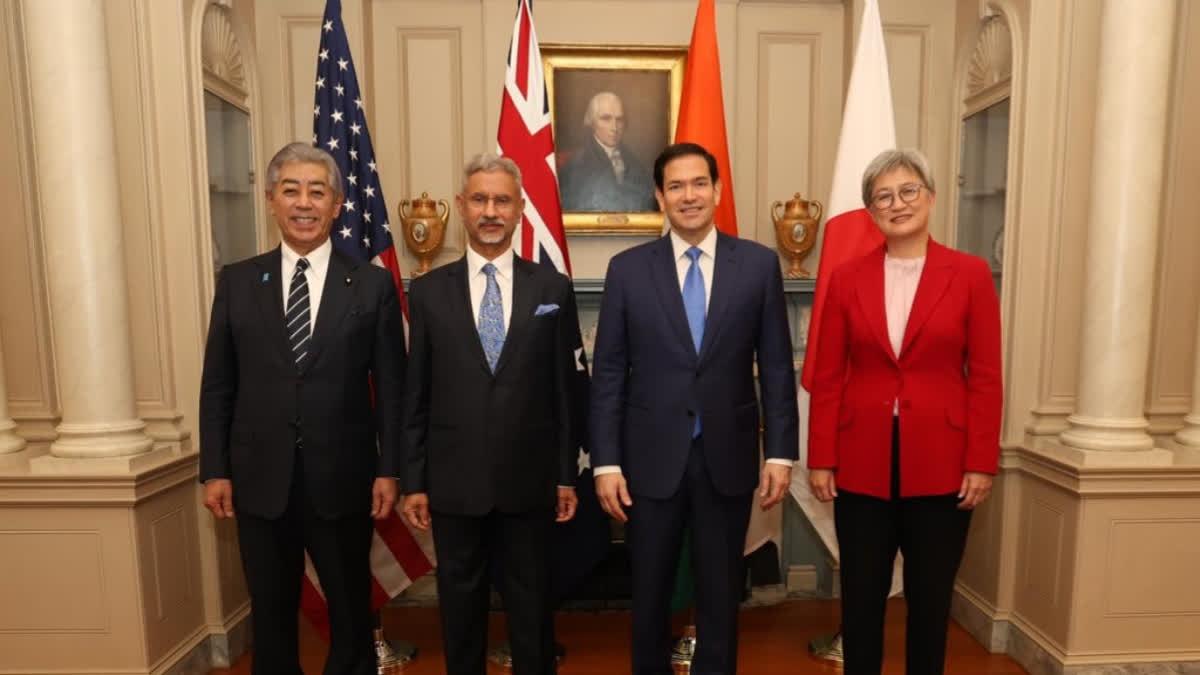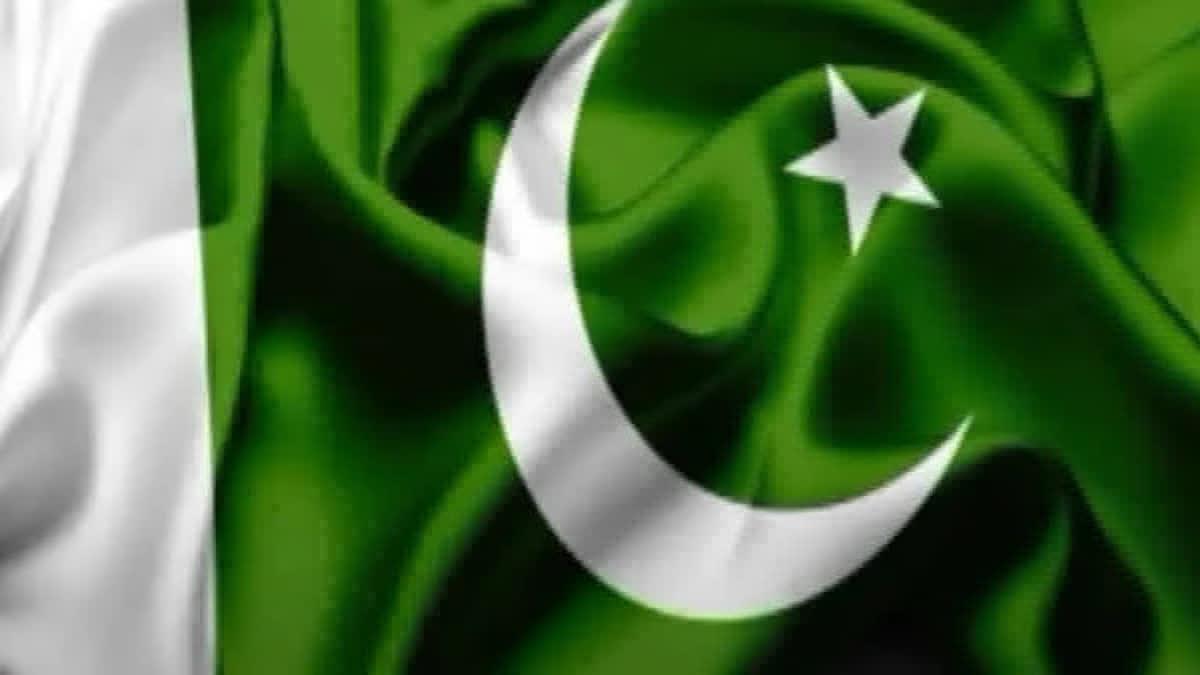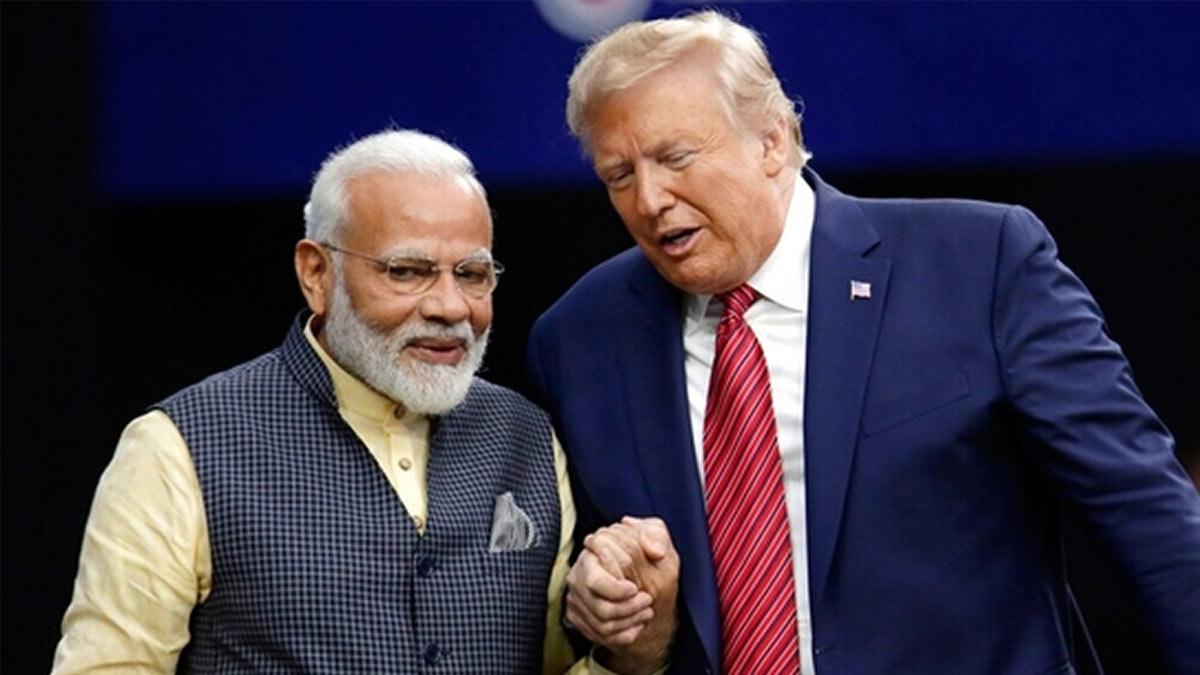With rising tensions with China and India, Canada's intelligence agency has charged that the two countries are most likely to try to interfere with its next general election.
At a Monday press conference, Vanessa Lloyd, the Deputy Director of Operations at the Canadian Security Intelligence Service (CSIS), spoke of foreign interference in the April 28 snap election. She said that "hostile state actors" were increasingly using artificial intelligence to interfere with democratic processes. The election was requested by newly appointed Prime Minister Mark Carney on Sunday.
"The PRC (People's Republic of China) is quite likely to employ AI-based technology to disrupt the democratic process of Canada in this election," warned Lloyd.
She also alleged that China will employ social media tools to disseminate narratives that work in its best interests. China's authorities would also employ devious and subterranean techniques to manipulate the ethnic, cultural, and religious Chinese-originating communities in Canada.
Referring to India's role, Lloyd further stated, "We have also seen that the Indian government has both the will and the ability to shape Canadian communities and democratic institutions to expand its geopolitical influence."
India and China, who had earlier rejected similar charges, are yet to comment on these recent allegations.
India's Response to Earlier Claims
India firmly denied in January allegations by a Canadian commission of foreign interference in Ottawa's elections. The Indian Ministry of External Affairs (MEA) came down heavily on the report, condemning its findings and accusing Canada of interference in India's internal matters.
"We reject the insinuations about India and expect that mechanisms facilitating illegal migration will not be fostered further," the MEA said.
A Globe and Mail report earlier accused India of using proxy agents to offer secret financial support to candidates from three Canadian political parties.
Canada Widens Warning to Russia and Pakistan
Lloyd also expressed concerns regarding potential election interference by Russia and Pakistan.
She accused Russia of building "dissemination networks" on news sites and social media, promoting Kremlin-aligned narratives.
"It is probable that Russia will use these networks to perform foreign information manipulation and interference activities against Canadian audiences," she added.
In the case of Pakistan, Lloyd intimated that Islamabad could pursue foreign interference activities consistent with its strategic interests. She added that Pakistan may seek to strengthen its political and economic interests as well as counter India's increasing global presence.
Strained Canada-India Relations
India-Canada diplomatic tension has continued since September 2023, when former Canadian Prime Minister Justin Trudeau accused New Delhi of being implicated in the assassination of Khalistani separatist Hardeep Singh Nijjar. India dismissed the accusation as "baseless and absurd."
Tensions between India and Canada rose further as India expelled six Canadian diplomats and withdrew its ambassador from Ottawa following Canada's attempts to label Indian officials as "persons of interest" in the Nijjar case.
Similarly, Canada's relations with China have also strained, with China recently slapping tariffs worth over $2.6 billion on Canadian food and agricultural products after Ottawa imposed duties on Chinese electric vehicles, steel, and aluminium.
Read also| India Asks Pakistan to Leave Kashmir and Cease Justifying Terrorism


















